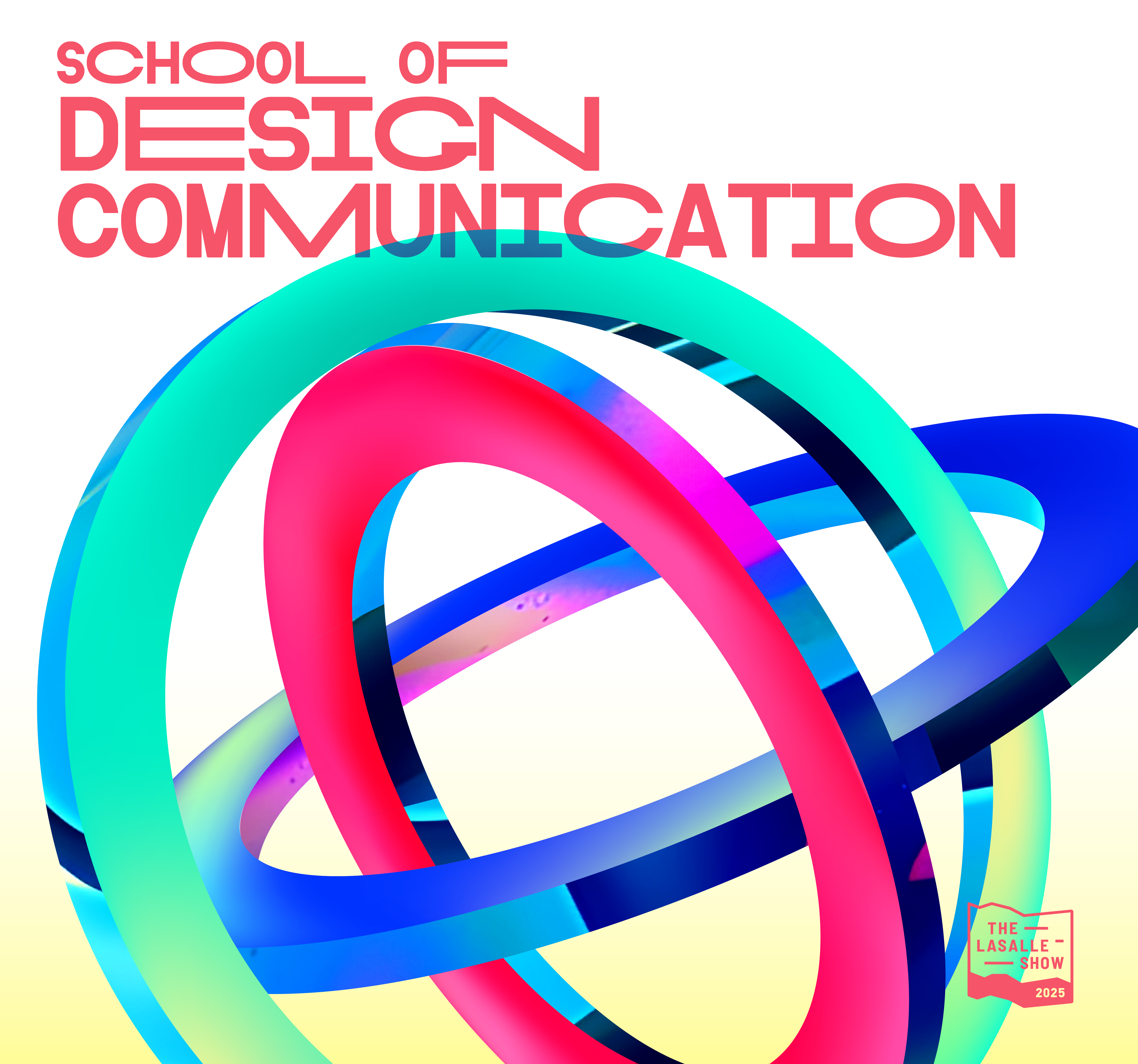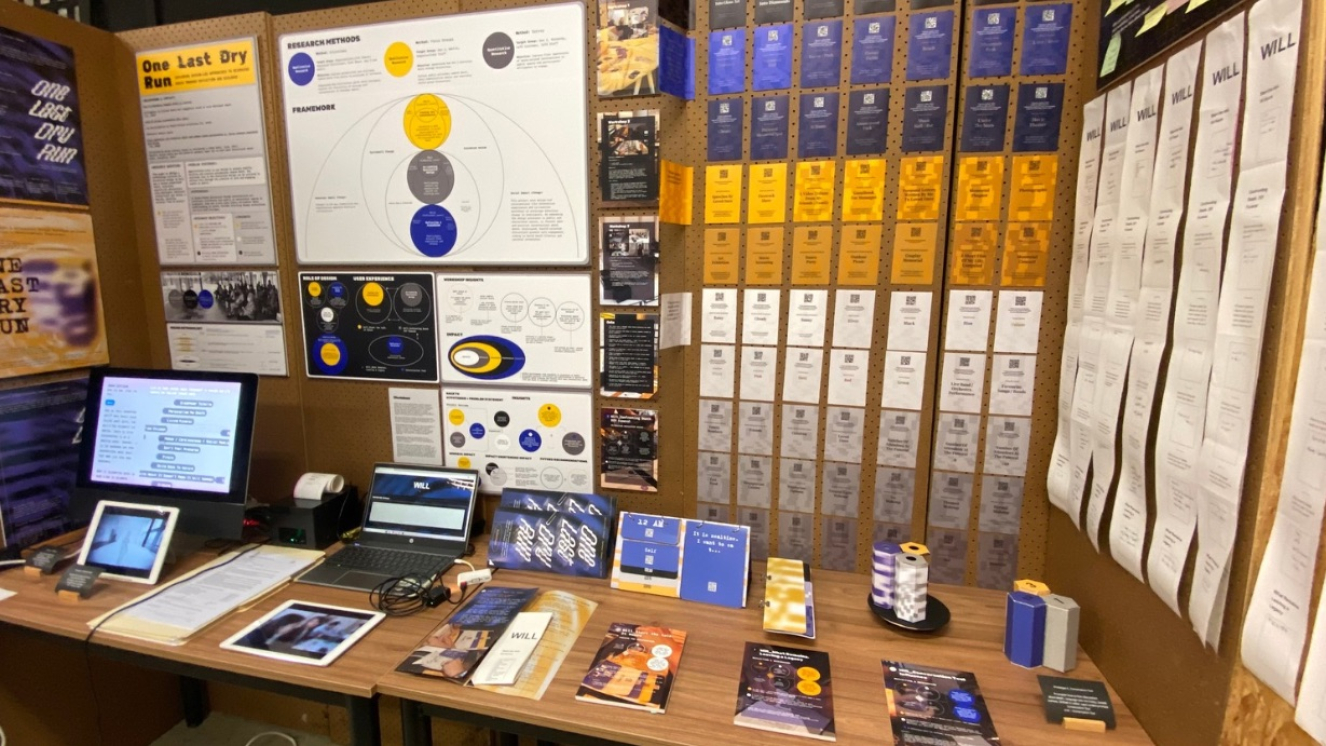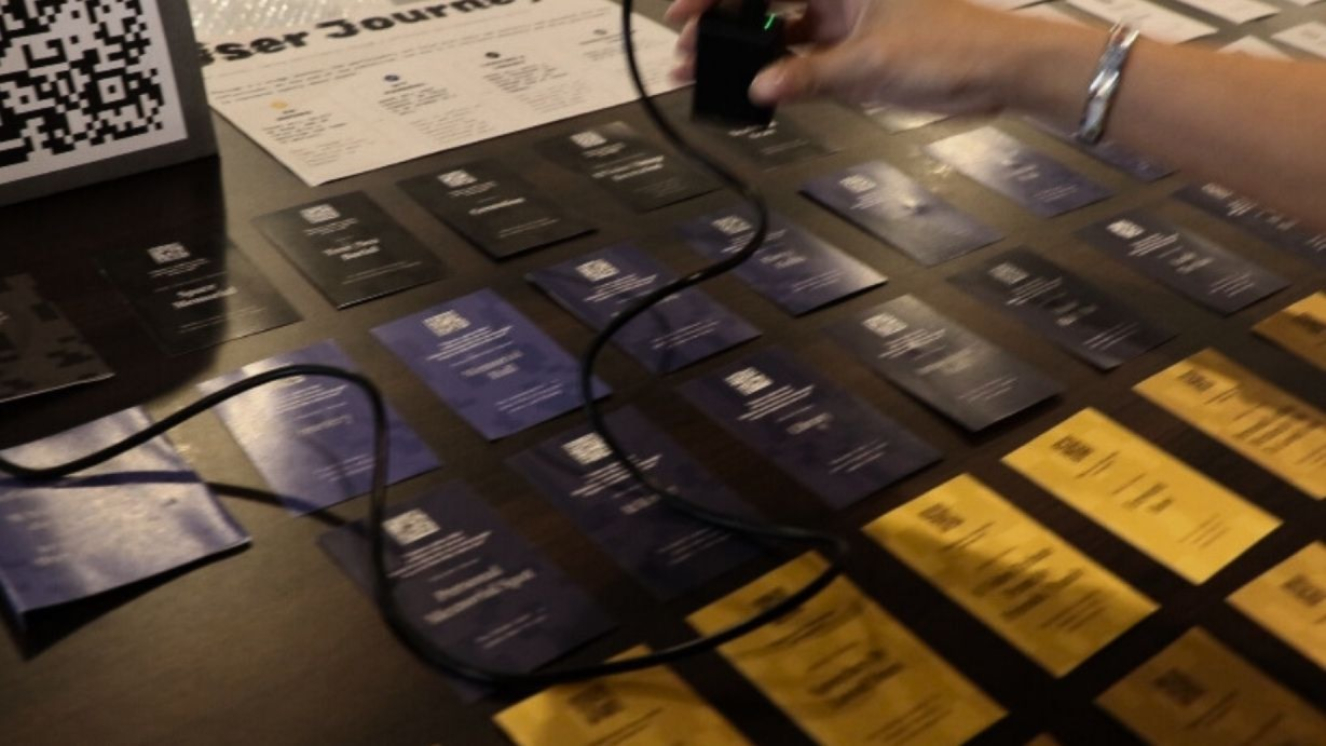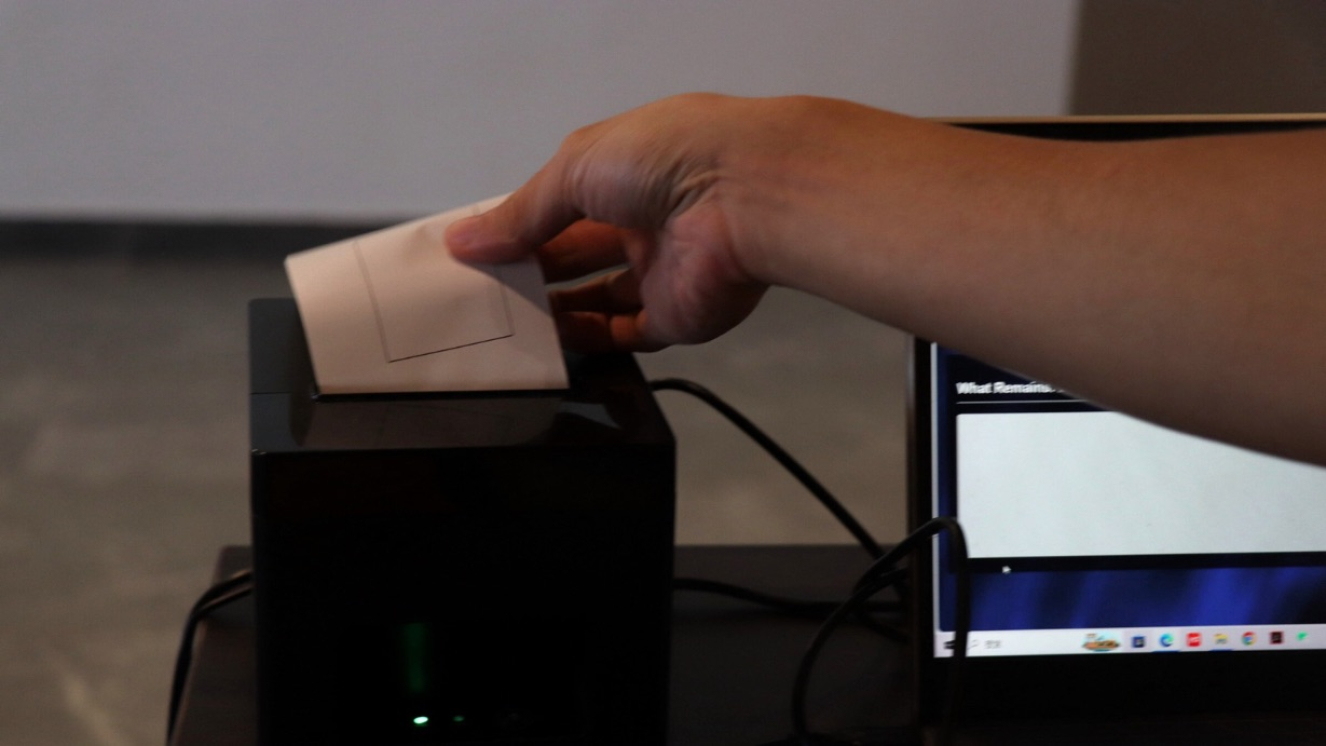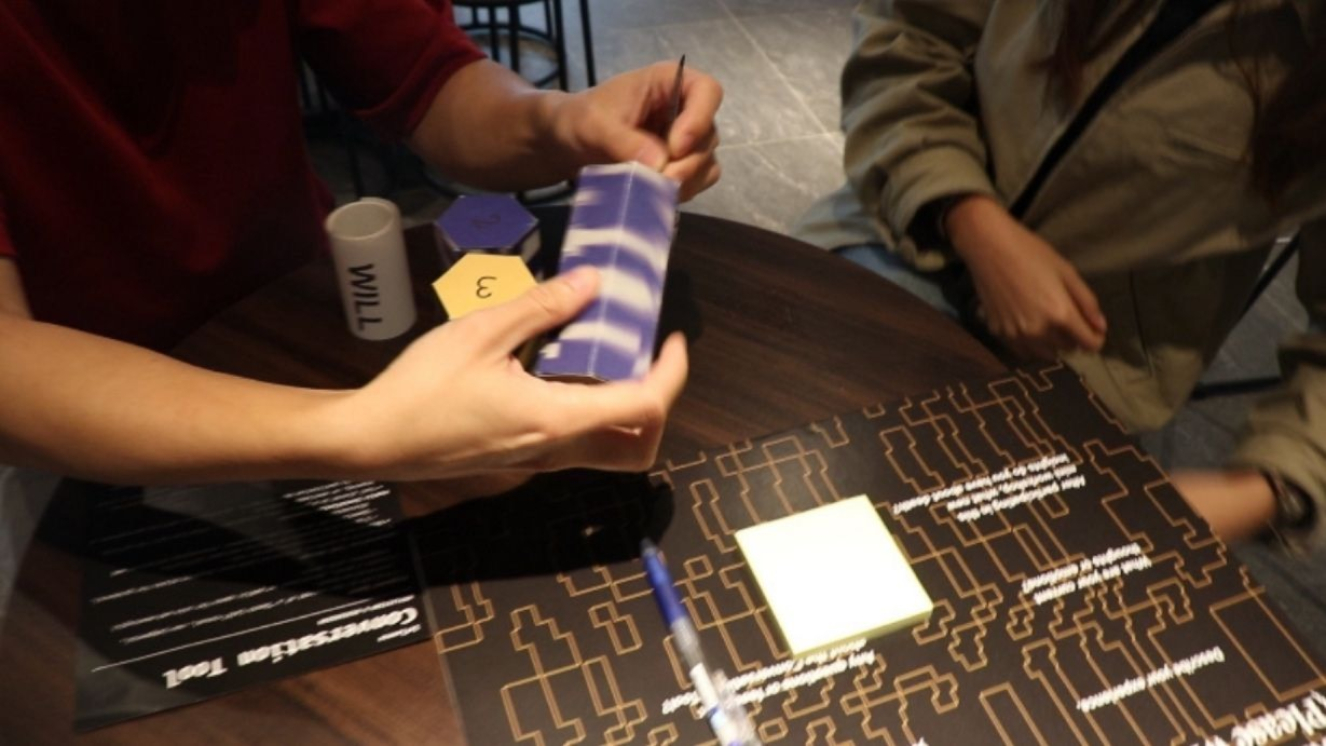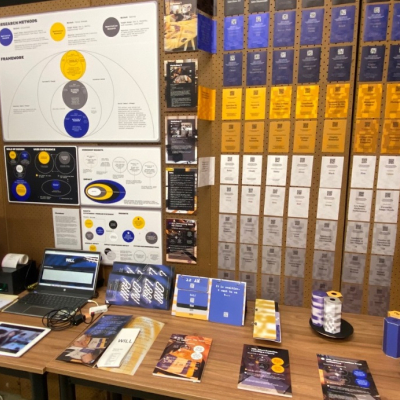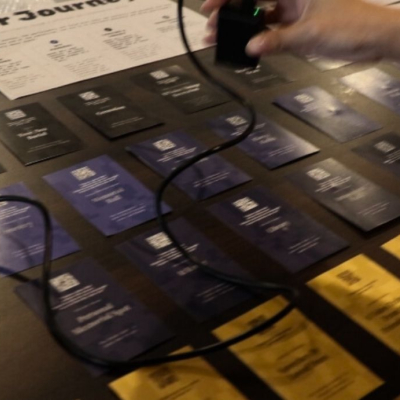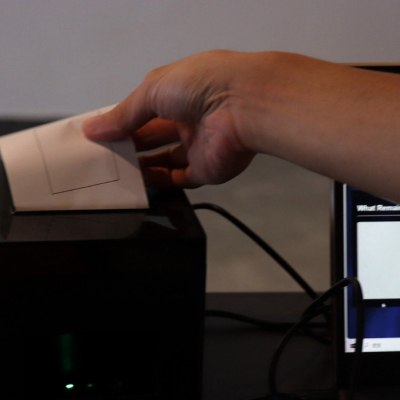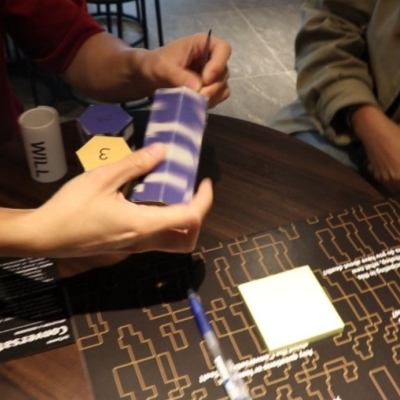School of Design Communication

Jiang Jiarong
Jiang Jiarong
MA Design
2025
Jiarong is graduating with an MA in Design from LASALLE College of the Arts.
Her research focuses on the innovative use of discursive design to challenge the social taboo of death, encouraging Gen Z to reflect and engage in open dialogue on life and mortality. Through participatory workshops such as 24-Hour Life Choices, DIY Funeral Co-creation, and Legacy Message, Jiarong explores how design can create empathetic spaces for public discussion, aiming to enhance death literacy and inspire positive social awareness.



